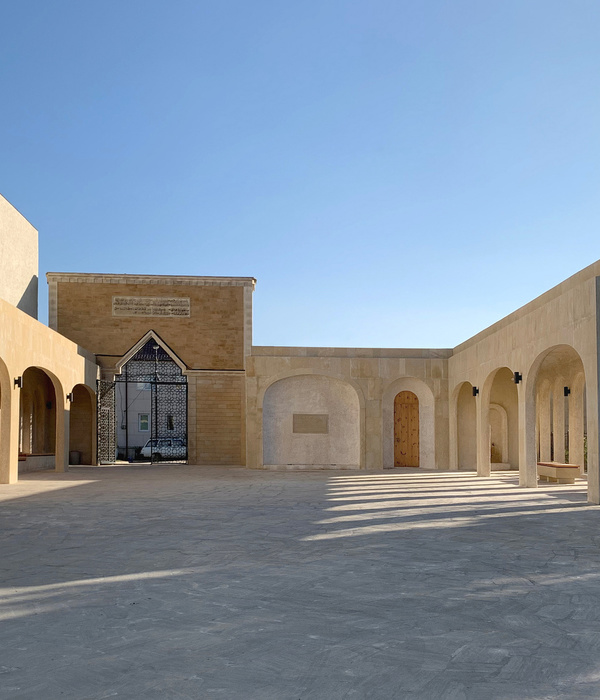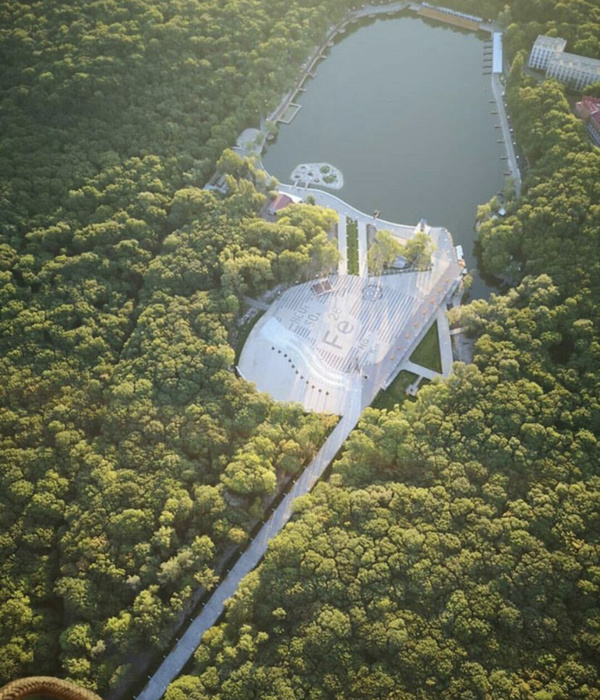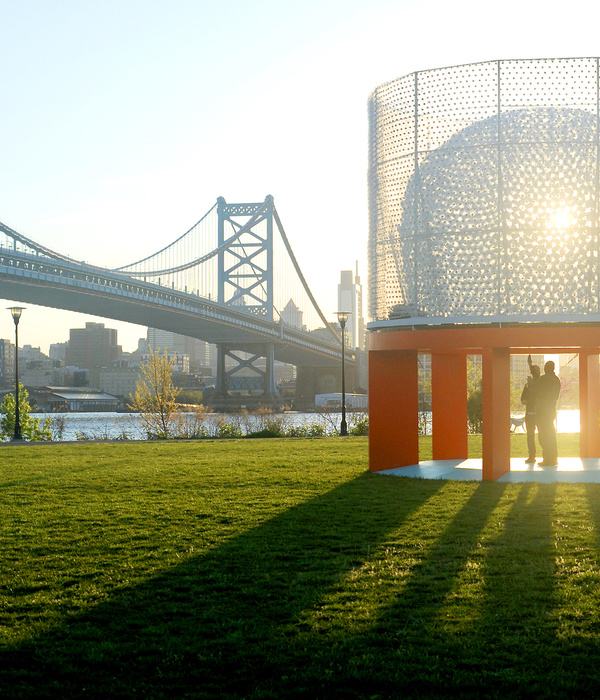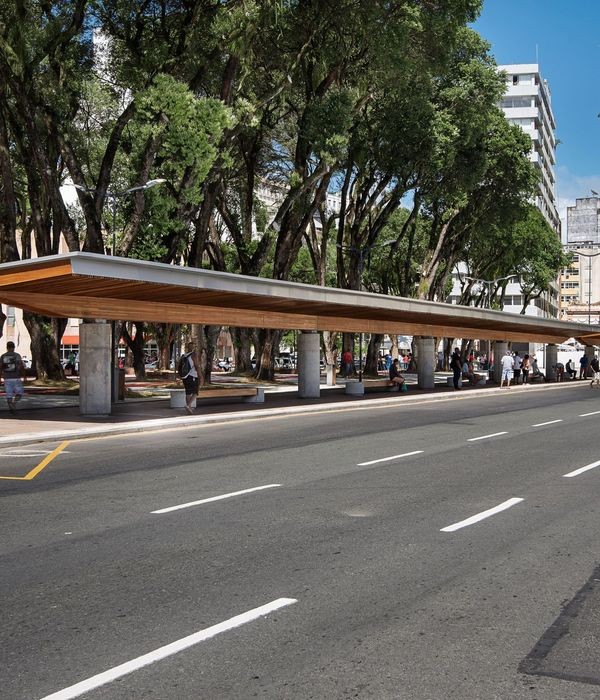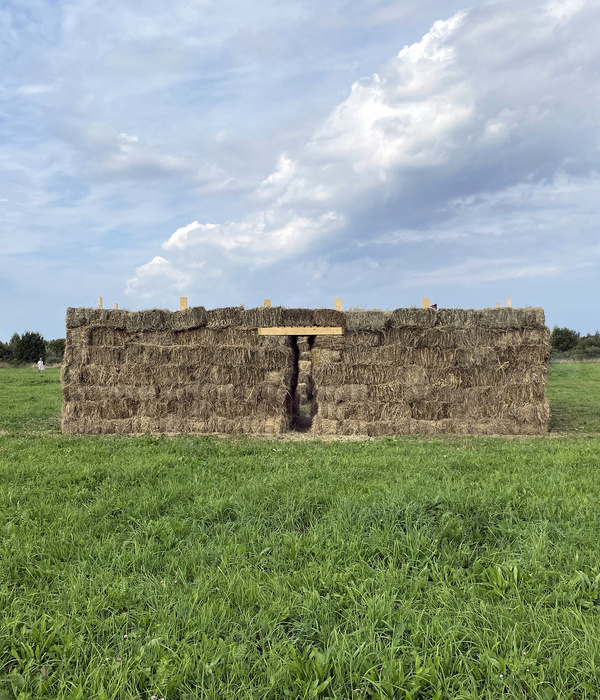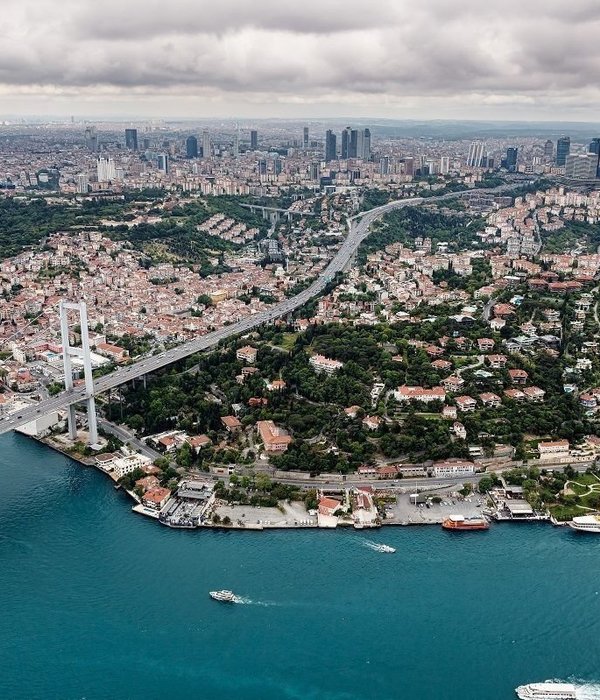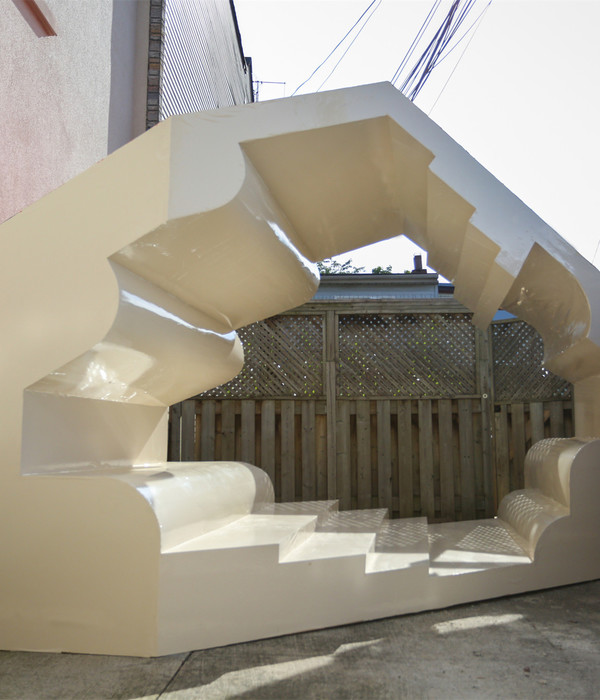The revitalization of the historic village of Val-Jalbert aims to enhance the architectural integration between yesterday and today. Invaded by an impressive natural strength, the fall of the Ouiatchouan river reveals a striking story in the heart of the experiential trail of Val-Jalbert.
The project is located on the site of a ghost town. The village of Val-Jalbert was founded in 1901 when a pulp company settled along the river Ouiatchouan. Abandoned until 1960, the village is now classified as a ‘‘historical site’’. The hydroelectric plant project coupled with a belvedere is implanted at the foot of the Ouiatchouan fall, neighbor to an old mill and is therefore part of the touristic sequence of the historical village of Val-Jalbert.
The experience offered by the site of the historical village of Val-Jalbert is enough to understand the need for integration. This is why the hydroelectric plant is developed as a trail sheltered by a perforated wooden lath envelope. This trail is punctuated with diverse views of the fall and of the Ouiatchouan river that are created by a succession of suspended belvederes resembling perches. Just as nature has grown through the ruins of the pulp company, the lattice façade will allow the surrounding vegetation to climb and conceal this great belvedere on the site.
The notable presence of the old mill is a focal point of the visual frame of the fall which will be part of the new hydroelectric plant. The distance between the new and the old factory allows an appreciation of the site by the conservation of the natural landscape and by the linking of the old factory with the belvedere. The contemporary era enhances the beauty of the last century and vice-versa.
The wooden lath system allows not only the integration of the touristic trail around the plant but also filters the natural light in order to avoid overheats during summer. The incredible quality of the game of shadows created by the wooden perforated lath adds to the unique sensory experience of the site.
{{item.text_origin}}


